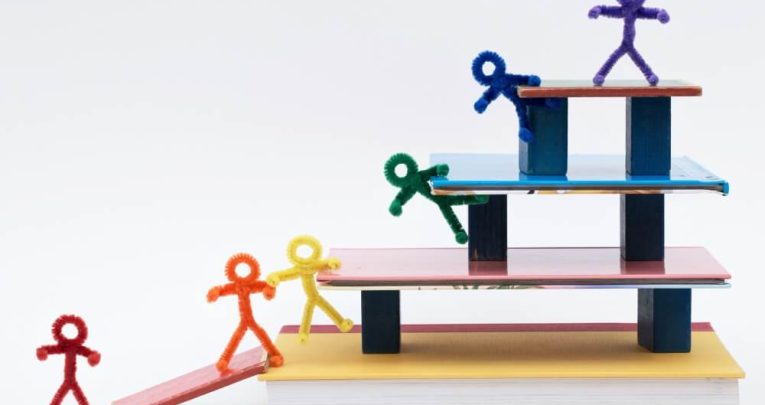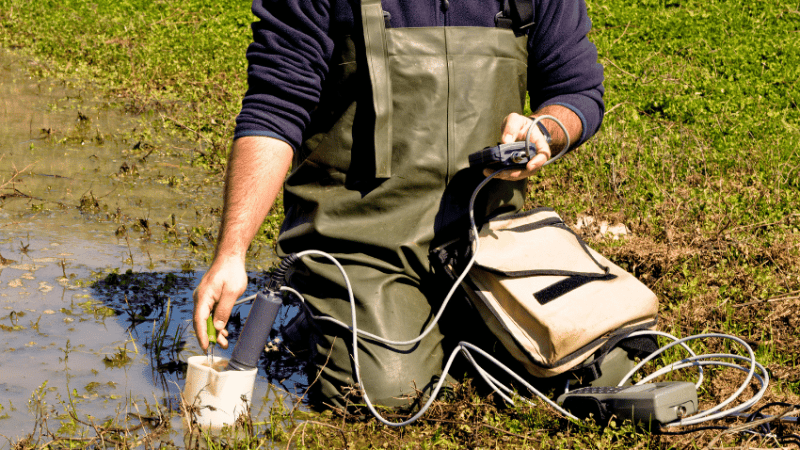KS4 Geography Lesson Plan – How To Grab Students’ Attention And Keep It

Jenet Gwaki provides inspiration on sustaining engagement all while meeting the GCSE geography requirements for students to extend their knowledge of locations, places and environments

- by Jenet Gwaki

In an ever changing profession, it seems that teachers are always kept busy either trying to overcome changes from the DFE or meet the requirements of Ofsted – but this should never be at the expense of engagement.
I strongly believe in the importance of inspiring and encouraging young people to enjoy learning above all. If we think back to the reason we chose our subject specialism, it’s because we have a love for our subject; our learners should feel the same way too.
This lesson encourages the development of learner skills, including teamwork, whilst establishing understanding of the causes of uneven development. It’s about pushing the boundaries and taking risks; because outstanding teaching is being able to step away from conventional forms, and letting the learners enjoy and explore.
The learning objective is focused on the causes of uneven development. By the end of the session, learners should be able to: explain what is meant by ‘development’, analyse the measures of development and evaluate the factors that cause some countries to be more developed than others.
Starter activity
Before you start the lesson, put a selection of items on students’ desks – chocolate bars on half of them, fruit on a quarter, and cocoa in bags on the others. Display a set of questions on the desks or interactive whiteboard.
You could ask: Is it fair that you have an item that someone else does not have? Why do you think you have the item? Encourage the learners to think on a wider scale. To do this, ask them to imagine they are countries. By the end of this activity, they should be able to start making links between the richer north and poorer south.
Main activities
Here are a couple of things you could try:
1. Mystery box activity After you have split the learners into groups, give them a box with clues suggesting a particular developing country. You should provide a quiz for your learners; for each question a learner gets correct, they should be able to pick an item from the box. The group can guess the name of the country at any time. This will give the learners an opportunity to use their investigative and communication skills, whilst increasing their knowledge of a developing country.
Trending
2. World in pieces jigsaw activity For this activity, you will need to print and laminate copies of a world map, which should be shaded according to the Gross National Income or the Human Development Index, then cut the map into ‘jigsaw pieces’. After you have grouped the learners, provide a quiz for them. For each question they get correct, they should receive a piece of the puzzle. By the end of this activity, the learners should have a map that shows pattern of development according to the measurement you have selected.
It’s important that you continuously check for understanding. A great lesson provides mini-plenaries. The activities I have suggested can be broken down into tasks whereby you will have an opportunity to consolidate the knowledge gained. One thing you could try is using country templates, so by the end of the activity they have gained extensive knowledge about a country.
Home learning
For homework, learners should be encouraged to research the topic further. You could advise them to gather information on a newly emerging economy or a developed country. This will support you with your next lesson whereby you should encourage learners to compare developing and developed countries so that they can consolidate their learning on why some countries are more developed than others.
You could focus on consolidating the learning by giving the learners a blank lesson plan and instructing the learners to write down what has taken place and what they learnt. As teachers, we naturally want to control the learning and at times talk too much; give your learners a chance to speak, and listen to them. Higher level thinking is encouraged by great discussion.
You should provide questions that open up thought to issues surrounding the topic. One issue you could discuss, for example, is the media portrayal of developing countries. Encourage your learners to consider whether the images are positive or negative. A lot of adults still hold the belief that developing countries rely on aid. We should not let our learners get to the stage where a lack of knowledge becomes embedded ignorance.
Download this lesson plan as a PDF here.
Jenet Gwaki is a human rights campaigner and the head of humanities at Nightingale Academy.










